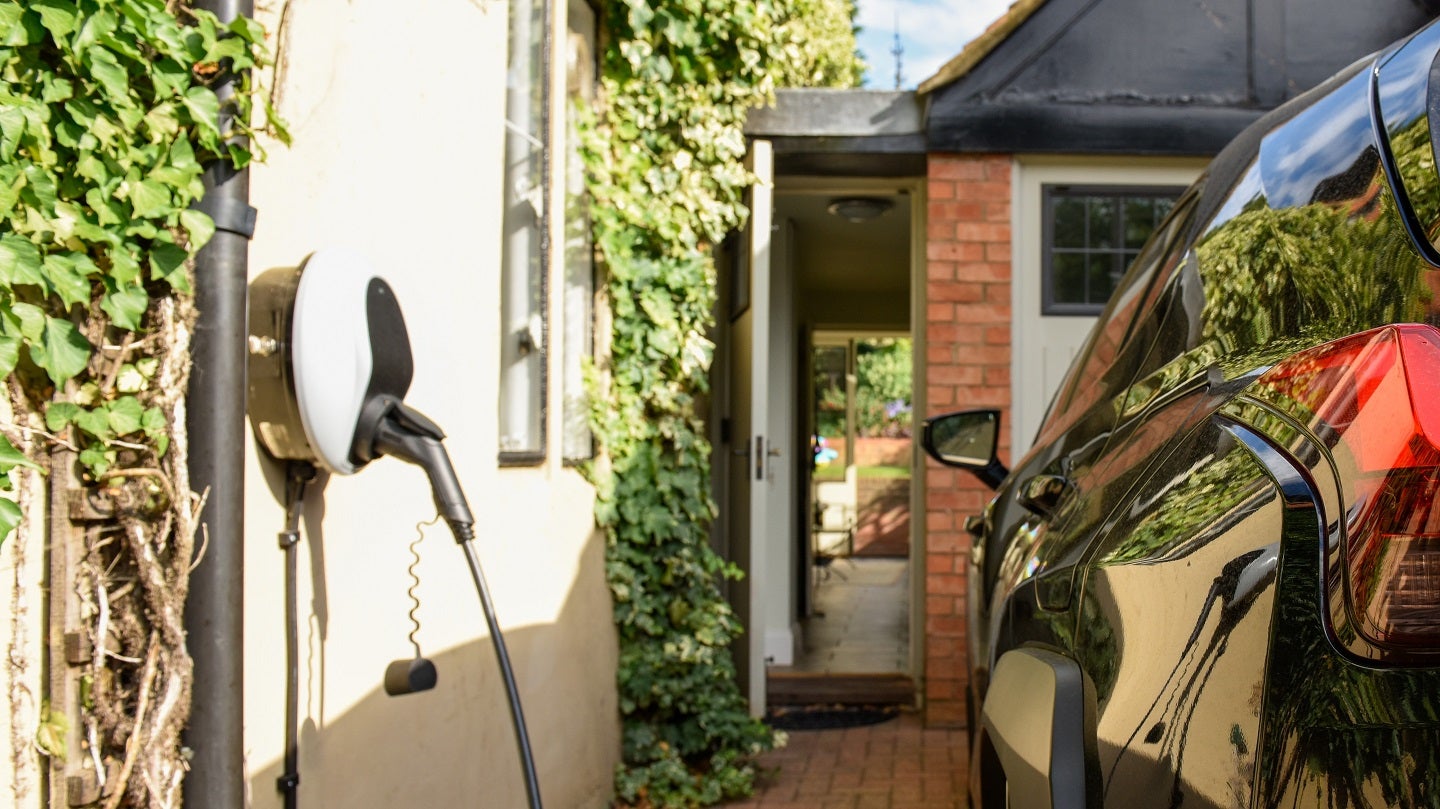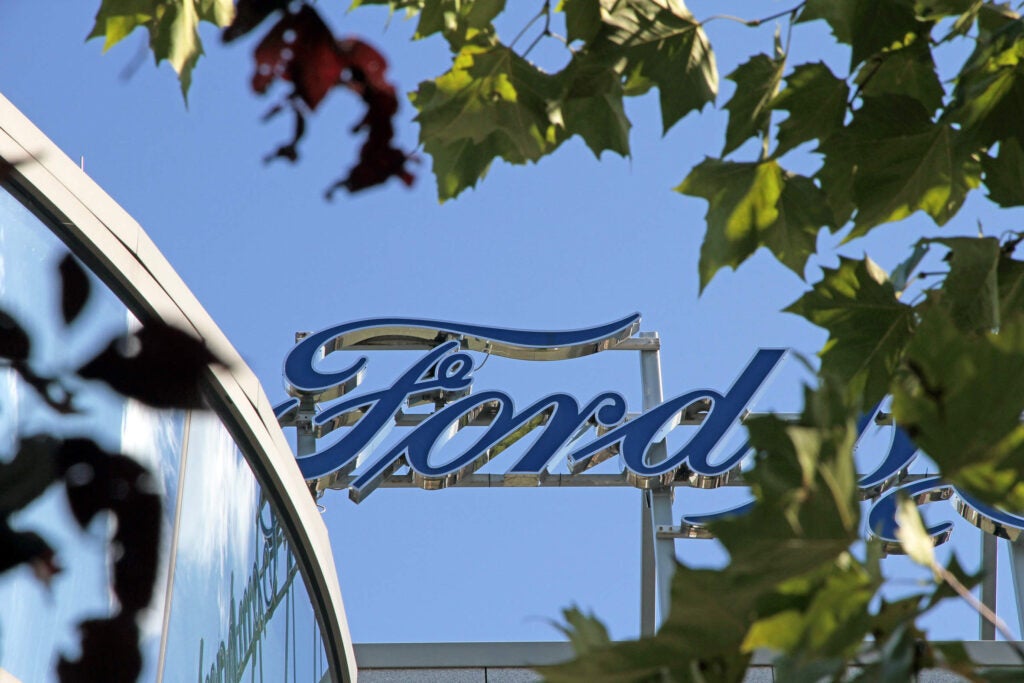
The North West region has emerged as the frontrunner in the UK for the surge in electric vehicle (EV) interest, outpacing London and the Southern areas, according to the latest figures from automotive marketplace Auto Trader.
The appeal of electric vehicles is increasingly resonating with the middle-class demographic, particularly among those in clerical and professional roles, known as the C1 social group.
This shift is evident as eight out of the top ten postal areas with the highest EV demand fall within this category, a notable change from the traditionally higher-income B-grade social group, the study found.
Despite EVs typically costing over a third more than their petrol or diesel counterparts, the broadening of demand beyond the wealthiest social tiers is a positive development.
In contrast to 2019, when nine out of ten EV hotspots were concentrated in London, the current trend shows a more geographically dispersed interest.
The North West not only leads in EV interest but also the expansion of high-powered charging infrastructure, boasting a 73% year-on-year growth in 50kW+ charge points. The South West and East of England follow closely behind.
How well do you really know your competitors?
Access the most comprehensive Company Profiles on the market, powered by GlobalData. Save hours of research. Gain competitive edge.

Thank you!
Your download email will arrive shortly
Not ready to buy yet? Download a free sample
We are confident about the unique quality of our Company Profiles. However, we want you to make the most beneficial decision for your business, so we offer a free sample that you can download by submitting the below form
By GlobalDataIn the North West, this growth translates to an additional 543 charging devices, owing to the efforts of the Be.EV network and the widespread installation of chargers across various locations, including motorway services, charging hubs, and commercial premises.
Specific postal districts have also witnessed a remarkable increase in the number of high-powered charge points.
Syston (LE7) and Warrington (WA3), ranking ninth and tenth in demand growth, have gone from no 50kW+ charge points in 2021 to 10 and 14, respectively, this year. Other notable areas include Salford (M28) and Teesside (TS17), which have doubled their high-powered charging facilities, and Solihull (B90), which has seen a growth from five to 19 such charge points.
Auto Trader‘s research indicates that 37% of UK consumers are hesitant about the transition to electric vehicles due to concerns over the availability of public charging stations. This concern highlights the critical role that charging infrastructure plays in the widespread adoption of EVs. Zapmap’s data corroborates this, showing a 46% annual increase in public charging devices as of July 2024.
However, the cost remains a significant hurdle for many potential EV buyers. Since 2021, the average price for new cars has risen by nearly 24%, with electric vehicles experiencing an even steeper increase of 35%.
Despite this, the market for EVs aged between three and five years is becoming more accessible, with prices decreasing and approaching parity with traditional vehicles, thus making electric options more viable for a wider range of consumers.
Auto Trader commercial director Ian Plummer said: “While London and the south drove initial take-up, the growth in electric interest in the North West is fantastic to see.
“Whilst we know price is a big barrier, confidence in being able to charge up whenever and wherever you need is also key to consumer adoption and this data shows that the amazing work being done by the charging industry is really paying off.
“However, more hard work will be required by the industry if EVs are to account for 22% of new car sales by the end of the year, as required by the ZEV Mandate. The discounts on offer from manufacturers to tempt new car buyers are working to generate more interest as we’ve seen a 20% rise in new car advert views on our platform in July.”






